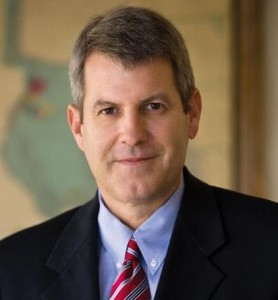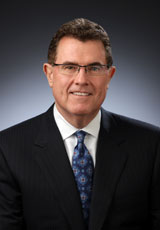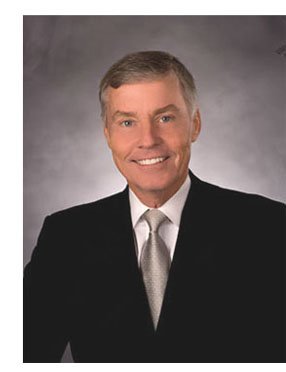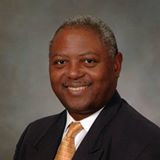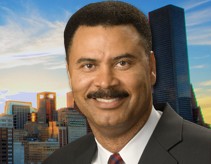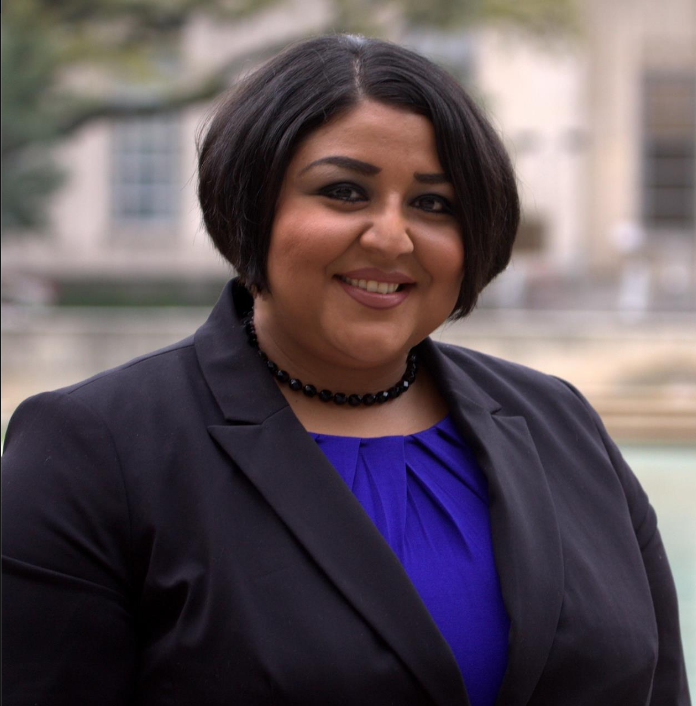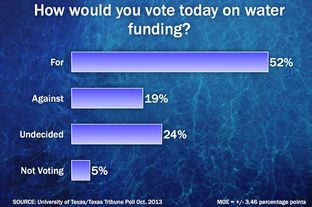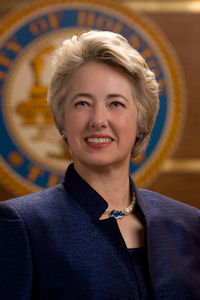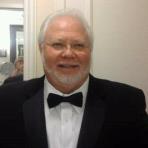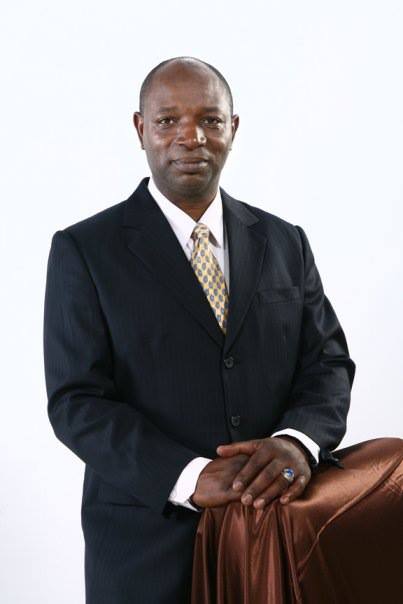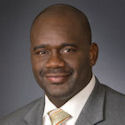A few impressions of the state of the races as we head into early voting.
Mayor – The thing that I will be looking for as initial results get posted at 7 PM on November 5 is how the gaggle of non-competitive candidates is doing. The thing about having nine candidates in a race, even if only two of them have any realistic hope of winning, is that it doesn’t take much support for the long tail to make a runoff a near-certainty. Basically, the amount that the seven stragglers get is the amount Mayor Parker must lead Ben Hall by in order to win the election in November. If the group of seven gets 10%, then Parker needs to lead Hall by at least ten points – 50 to 40 to 10 – in order to win outright. If they collect 20%, Parker needs to lead by 20 – 50 to 30 to 20.
There are no good parallels to this year’s race, but for what it’s worth the three bit players in 2009 got 1.01% of the vote; in 2003 six no-names for 0.65%; in 2001 there were four minor candidates collecting 0.45%; and in 1997, the bottom five candidates got 11.94%. That last one, which may be the closest analogue to this year, comes with an asterisk since two of those five candidates were term-limited Council members, Gracie Saenz and Helen Huey, and they combined for 10.46% of that total. One reason why the past doesn’t offer a good guide for this year is that in all of these races there were at least three viable candidates. Everyone else, save for Saenz and Huey in 1997, was truly marginal. None of Eric Dick, Keryl Douglass, or Don Cook can be considered viable, but they all ought to have a slightly larger base than the perennials and no-names in these earlier races. How much larger is the key question, because however large it is, that’s how big Mayor Parker’s lead over Ben Hall will need to be for her to avoid overtime.
Controller – This race has been Ronald Green’s to lose from the get go, and it remains so. I don’t think his position is any stronger than it was nine months ago, but at least he hasn’t had any bad publicity recently, either. He’s largely held onto the endorsements he’s gotten in the past, though losing the Chron had to sting a little. He’s still an underwhelming fundraiser, but while Bill Frazer has done well in this department he hasn’t done enough to make himself a recognizable name, and that’s to Green’s advantage. Green probably needs Ben Hall to make a decent showing, because while Green did reasonably well in Republican areas in 2009, he will probably lose some of that support this time, and as such he may need a boost from African-American turnout. If Green loses he can certainly kiss any Mayoral ambitions he may have goodbye. If he squeaks by, I can already envision the postmortem stories that will talk about his close call and how that might affect his Mayoral plans. If he were to run for Mayor in 2015, I guarantee that narrative will follow him closely all the way through, just as Mayor Parker’s close shave in 2011 has followed her in this cycle.
At Large Council – I feel confident saying that CMs Costello, Bradford, and Christie will win, though Christie will have the closest call and could conceivably be forced into a runoff. His two opponents have picked up a decent assortment of endorsements between them given their late entries and fairly low profiles. One wonders how things might have gone if someone had jumped into this race early on, as I suggested many moons ago.
I think CM Andrew Burks could be in trouble. He’s done a reasonable job collecting endorsements, but he hasn’t done as well on that score as a typical incumbent does. Like Ronald Green, he needs Ben Hall to have some coattails in the African-American districts, but remember that Burks has not done as well in those boxes as other African-American candidates. But it’s fundraising where you really see the red flags. Combining his three reports for this year, Burks has hauled in about $57K total. His main challenger, David Robinson, reported raising over $66K just on his 30 Day form. Robinson took in another $82K on the July report. He also has over $73K on hand for the late push, while Burks has just $8K. Money isn’t destiny, but these numbers are the exact reverse of what you’d usually see with an incumbent and a challenger.
As for At Large #3, it is as it has been all along, basically wide open with each of the five viable candidates having a plausible case for making the runoff. Bob Stein pegs Michael Kubosh as basically already having a ticket punched for the runoff, but I’ll wait and see. He probably has the best name ID of the group, but that doesn’t mean he’s terribly well known. I just don’t know enough about this one to hazard a guess.
District Council races – A year ago at this time, I’d have marked first term CM Helena Brown as an underdog for re-election. Now I’m not so sure. She’s done well at fundraising, she’s garnered some endorsements – getting the HAR endorsement was both a finger in the eye for Brenda Stardig and a nice bit of establishment sheen for herself – and she hasn’t generated any embarrassing headlines in months. I believe she’s still going to be in a runoff, most likely with Stardig but not necessarily with her, but I think runoff scenarios that don’t include Brown are unlikely at this time. I might bet a token amount on her being un-elected, but I wouldn’t bet any real money on it.
Brown’s freshman colleague Jerry Davis looks to be in better shape. There’s still resentment to him in some quarters, mostly from former CM Carol Mims Galloway and her supporters, but Davis has good support on his side, and he’s gotten the large majority of campaign contributions. Kathy Daniels is a good candidate and she’ll make some noise – a runoff isn’t out of the question – but I see Davis as the clear favorite.
Districts D and I are anyone’s guess. Dwight Boykins has the edge in D, but it’s a strong field, and if Boykins doesn’t clearly separate himself from the rest of the pack he could be vulnerable in December if the bulk of the runnersup back his opponent. Anything could happen in I, where none of the four candidates seems to have a clear advantage over the others. It won’t shock me if it’s a close finish among the four, with a small number of votes separating the runoff contestants from the other two. Some runoff scenarios are preferable to others, but all scenarios are possible.
HISD and HCC – No surprises in HISD. I believe Anna Eastman gets re-elected, Harvin Moore gets re-elected though Anne Sung will have put herself on the map, and Wanda Adams wins in IX. Zeph Capo has run a strong race in HCC1 – this is one of those times where a string of endorsements will mean something – and I believe he wins there. I think Bruce Austin and Neeta Sane get re-elected, but I don’t know about Herlinda Garcia, and I have no clue who will win in the open District 5 seat.
Everything else – I think the two Harris County propositions, for the Astrodome and for the joint processing center, will pass. I think the constitutional amendments will pass, though one or more may fail for some goofy and unforeseeable reason. I do think Prop 6, the water infrastructure fund, passes. The one non-Houston race I’m keenly interested in is the Pasadena redistricting referendum. I have no idea how that is going, but obviously I’m rooting for it to go down.

